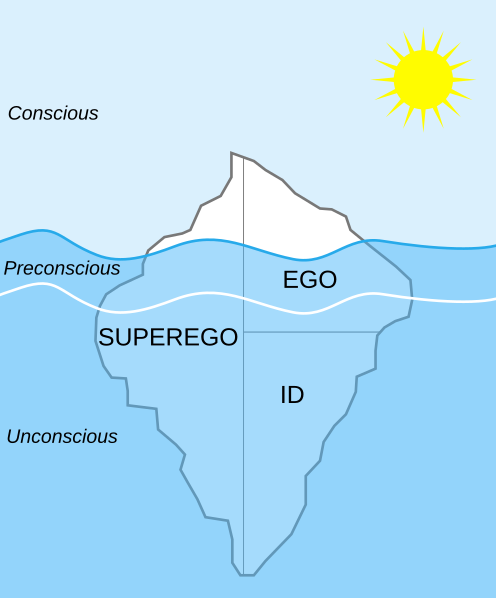noun
- 1 : recompense, reward
- 2 : the dispensing or receiving of reward or punishment especially in the hereafter
- 3 : something given or exacted in recompense; especially: punishment
Now Maria, why did you bring this topic to the LBC? Oh, wait, it has as the first definition as a positive note, recompense or reward, not the way I usually think of it. I usually think of it more like the 3rd entry and sometimes like the 2nd. So, let's see what my fevered brain can reward me with ...
I used to think of the afterlife as somewhat a reward for a good life or punishment for a bad one. I was young and life progresses in stages; as I experienced more I was much less inclined to view the "hereafter" this way.
Instead, I progressed to a belief in karma, kind of a more immediate and comprehensive understanding of moral cause and effect. It made sense to me that the good and bad you did was directly connected with a result. It still does, in a way! However, I don't think of it in terms of karma as most people use it. I think our beliefs themselves are the causative agent.
Life has these ladders of development for everyone. I am not preaching or telling you that I am right. What I am saying is that understandings and philosophies grow with life experience and our choices. Personally, I find retribution to be emotionally tempting at times, but overall a poor choice of focus. It doesn't bring back loss and the desire for it is only evidence of an internal struggle that someone is losing with reality.
I don't castigate anyone for wanting it unless it leads to something destructive aimed at another. It might come in the form of terrorism or war. It might come in the form of spousal abuse. It might come in the form of cheating or theft for personal gain. It might come in the form of excessive litigation.
Whatever its form, I'm sure that we can do better. Have the ladders of life experience led anyone else out there to a similar conclusion like mine?


